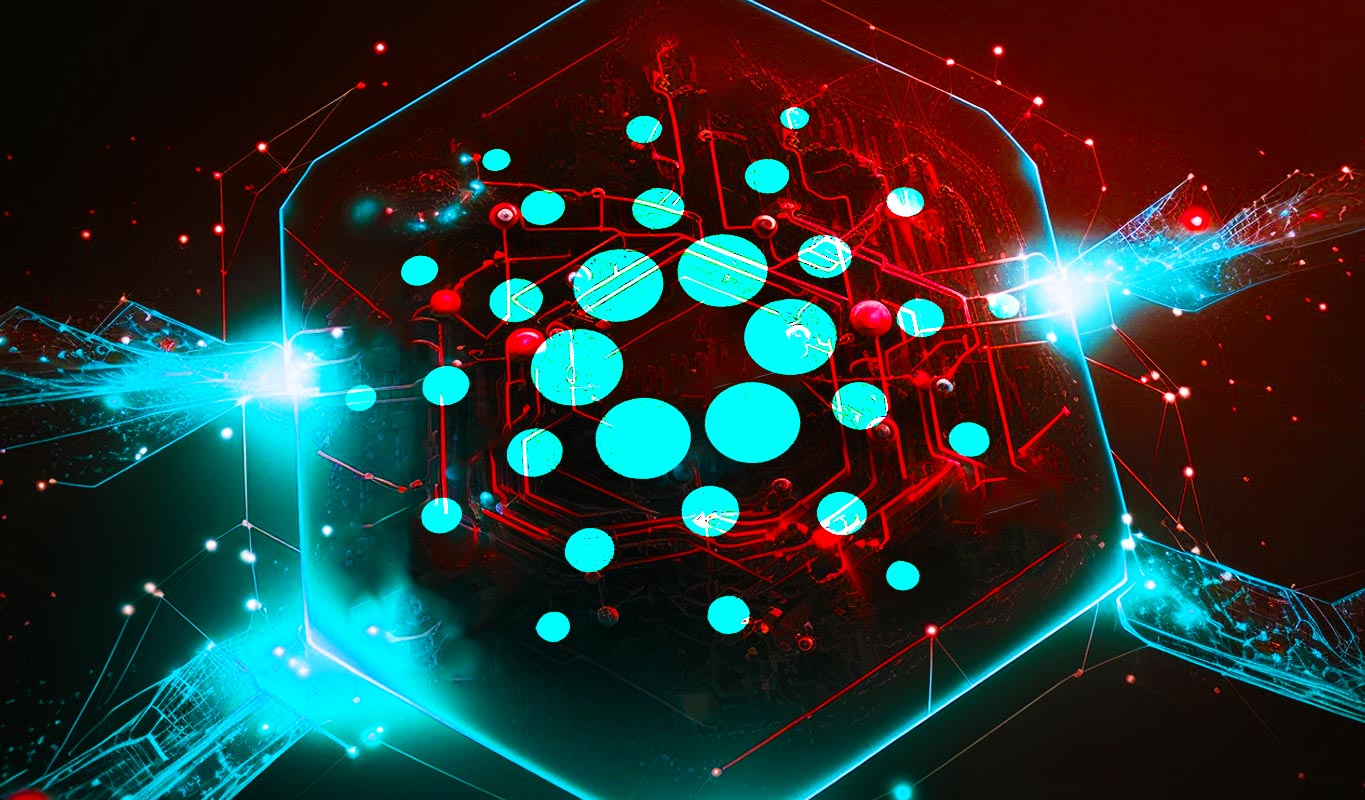The transformative power of Artificial Intelligence (AI) has already begun to reshape the job landscape, and according to the McKinsey report “The State of AI in 2023: Generative AI’s Breakout Year,” this trend is only set to accelerate. The report highlights key insights into the potential changes in the job market, emphasizing the need for adaptability and preparedness among workers and industries. In this article, we delve into these five crucial insights from the report, shedding light on the implications of Generative AI on the workforce.
1. Job Displacement on the Horizon:
McKinsey’s report predicts that by 2030, approximately 12 million people in the US will need to transition into new job roles as Generative AI advances. Automation, driven by generative AI technology, is expected to replace many routine and repetitive tasks across various industries. While this may lead to enhanced productivity and efficiency, it also challenges the workforce to adapt and reskill.
2. Shifting Job Patterns:
The report highlights a significant trend in recent job changes in the US. Over half of the 8.6 million job transitions observed were people moving away from roles in food service, customer service, office support, and production. These roles are particularly susceptible to automation as they often involve repetitive and predictable tasks that can be efficiently performed by AI systems. The workforce’s response to these shifts will determine the pace of transformation in the job market.
3. Generative AI’s Potential to Automate Jobs:
Generative AI’s capabilities are poised to disrupt the job market significantly. The report suggests that by 2030, up to 30% of jobs could be automated by this technology. This automation is likely to impact various sectors, including manufacturing, finance, and customer service, among others. However, it’s important to note that automation doesn’t necessarily mean job elimination; instead, it might entail the transformation of job roles and the creation of new opportunities.
4. The Duality of Generative AI’s Impact:
While Generative AI can automate many jobs in fields like Science, Technology, Engineering, Mathematics (STEM), healthcare, construction, and other professional domains, it also presents opportunities for growth in these industries. For instance, Generative AI can assist healthcare professionals in diagnostics and treatment planning, enhancing patient care. In construction, AI can optimize building designs and streamline project management, increasing efficiency.
5. Contrasting Employment Trends:
The McKinsey report highlights the differing growth trajectories across industries. Healthcare, STEM, and construction sectors are experiencing job growth, driven by technological advancements and an aging population’s increasing demand for healthcare services. However, the report also reveals that office support and customer service jobs are declining, largely due to automation and digitalization.
The McKinsey report paints a comprehensive picture of the potential impact of Generative AI on the job market by 2030. While automation presents challenges for certain sectors, it also offers transformative opportunities for growth and efficiency. The future of work will undoubtedly be shaped by the adaptability of the workforce and the ability of industries to leverage AI technologies responsibly.
As we embrace the AI-driven future, it becomes crucial for workers to reskill and upskill themselves, ensuring they stay relevant and agile in a dynamic job market. Additionally, businesses and policymakers must collaboratively devise strategies to support workers through these transitions, enabling them to seize new opportunities in an AI-powered world.
Check out the Full Report. All Credit For This Research Goes To the Researchers on This Project. Also, don’t forget to join our 27k+ ML SubReddit, 40k+ Facebook Community, Discord Channel, and Email Newsletter, where we share the latest AI research news, cool AI projects, and more.

Niharika is a Technical consulting intern at Marktechpost. She is a third year undergraduate, currently pursuing her B.Tech from Indian Institute of Technology(IIT), Kharagpur. She is a highly enthusiastic individual with a keen interest in Machine learning, Data science and AI and an avid reader of the latest developments in these fields.
Credit: Source link













































